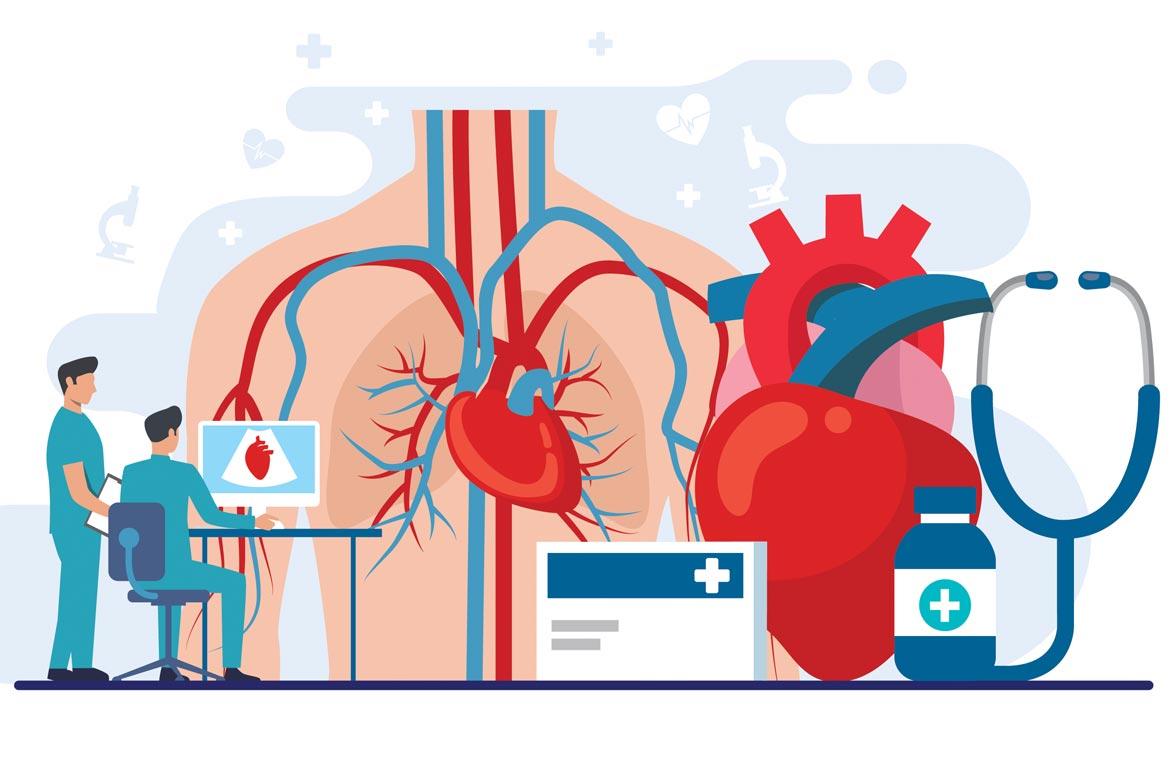Health Plus articles
What is Causing Your Chest Pain?
Is your chest pain a heart problem? Find out what is causing your chest pain, and how to tell when it's serious.
'Fat Burning Zone' Truth: What is the Best Heart Rate to Lose Fat
If you’re looking to lose weight and keep fit, you might have heard of the fat burning zone theory. But what is the assumption behind this theory, and is it valid?
Treating Mitral Valve Regurgitation Without Open-Heart Surgery
Mitral valve regurgitation can now be treated without open-heart surgery through a minimally invasive procedure known as transcatheter edge-to-edge repair (TEER) — using systems such as MitraClip and PASCAL.
How to Read Your Blood Pressure: What is Normal Blood Pressure?
Understand your blood pressure reading with this simple guide. Learn what is normal and high blood pressure, systolic and diastolic numbers, and hypertension warning signs.
Is Your Heart Strong Enough to Have a Baby?
Pregnancy has a profound effect on a woman’s body, especially on the cardiovascular system. While most women adapt well, some may face additional heart health risks.
Irregular Heartbeat? It Could Be Atrial Fibrillation
Atrial fibrillation (AF or AFib), is the most common arrhythmia diagnosed in clinical practice. Cardiologist Pipin Kojodjojo explains why you shouldn’t ignore it.










